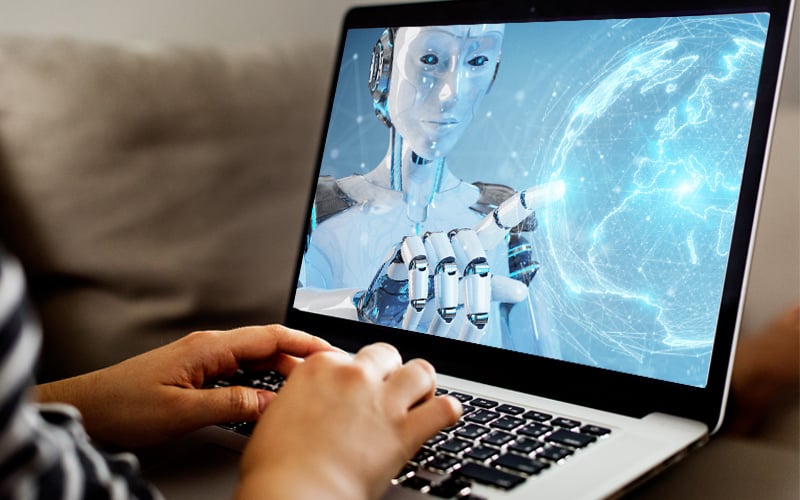
From Shaikh Saifuddeen Shaikh Salleh
When re-reading the life and times of Ibn al-Haytham recently, I could not have but be in awe of the critical thinking that led him to develop the earliest model for scientific methodology.
For those who are not familiar, Ibn al-Haytham was a well-known physicist, mathematician, and astronomer during the zenith of Islamic civilisation.
To the West, he is perhaps better known as Alhazen, regarded as the father of modern optics, primarily due to his magnum opus, “Kitab al-Manazir” (the book of optics).
This seven-volume treatise on optics and visual perception was instrumental in introducing the intromission theory of vision, which debunked Euclid’s extramission theory.
Ibn al-Haytham’s theory still holds true today, and is taught as one of the fundamentals of optics in modern science.
One attribute that Ibn al-Haytham possessed was his motivation to resolve conflicting views regarding the theories of visual perception.
It was this same motivation that led to him being critical of all the theories that came before. He realised that he needed to be an unbiased observer whose aim was to find the truth that had been missed by earlier scholars.
In seeking the truth, Ibn al-Haytham conducted his research by integrating experiments and logical reasoning built one upon another to consequently reach a logical conclusion.
Essentially, he also wanted others to test his experiments and line of thinking for themselves. These experiments could be replicated by others as his work contained detailed instructions regarding the methods that he used to obtain his results.
This shows that Ibn al-Haytham was not only a critic of theories put forward by earlier scholars, but also provided others the avenue to criticise his. By providing details of the methods that he used, he welcomed others to test what he discovered for themselves, and not just take his word for it.
In short, the scholar highlighted the importance of critical thinking when building upon previous knowledge, correcting previous knowledge which may be inaccurate, and creating new knowledge. Thus, critical thinking is, for lack of a better word, critical in driving the progress of knowledge.
Rely on own intelligence
Knowledge cannot be further developed if thinking is simply outsourced. Ibn al-Haytham did not have the luxury that we have today in the form of sophisticated technologies.
Instead, he had to rely on his own intelligence and resources to carry out his research endeavours.
In light of current technological advancement, should we not then take a cue from Ibn al-Haytham and act as unbiased observers to ensure that we do not lose the ability to think critically, a skill much lacking in society today? It is important that we do not fall into our comfort zone due to the ease of access to data and information.
Social media and its algorithms have made it easy for us to obtain data and information that are of interest to us.
Artificial intelligence, or AI, has also allowed for the sourcing of information with greater ease. However, if we merely act as sponges which passively absorb information, we would be susceptible to laziness and complacency.
Without a doubt, social media algorithms and AI are useful tools for us to source information. However, these tools are not meant to do the thinking for us.
Sourcing for information from these tools should not be mistaken to be equal to thinking. Data and information obtained, without analysis and evaluation, are not knowledge.
We still need to critically and objectively evaluate the information that we obtain, and ensure that they are factually true and logically sound. Merely copying or parroting information does not make one a knowledgeable person. We must realise that this act of outsourcing thinking would not create a progressive thinking society.
We also need to critically filter the obtained information which may not be suitable to our culture and norms. Therefore, from this perspective, we must not simply outsource thinking to technology and ignore the need for critical thinking.
AI, for example, is driven by machine learning. If it is fed with information with a certain predisposition, then the information that we get would most likely be culturally and geographically biased.
The reality is that there is no shortcut to progress and success. To achieve this, we must be prepared for hard work and be willing to be critical.
This was what Ibn al-Haytham did. For roughly a decade, Ibn al-Haytham was in solitary confinement, and it was during this period of hardship that he honed his skill as an unbiased observer who was in search of the truth.
On the need to be critical, Ibn al-Haytham wrote, “The duty of the man who investigates the writings of scientists, if learning the truth was his goal, is to make himself an enemy of all that he reads and attack it from every side.”
Therefore, in navigating the rapid technological changes, we should not lose sight of the importance of being critical when assessing, evaluating and filtering information, especially when obtained from social media algorithms and artificial intelligence. - FMT
Shaikh Saifuddeen Shaikh Salleh is the research director of the Institute of Islamic Understanding Malaysia’s research management unit.
The views expressed are those of the writer and do not necessarily reflect those of MMKtT.


No comments:
Post a Comment
Note: Only a member of this blog may post a comment.